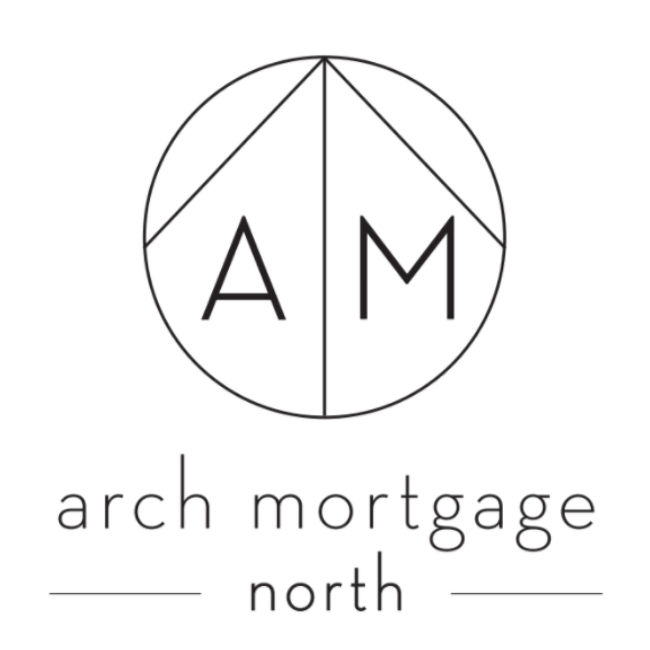What To Save for When Buying a Home
Buying a home can feel overwhelming, especially when it comes to budgeting, but it doesn’t have to be. By understanding the costs you might encounter upfront, you can take control and feel more confident.
Here are a few key things to consider as you plan:
1. Down Payment
Saving for a down payment is often the first step. But how much do you actually need? Many people think it must be 20% of the purchase price, but that’s not always true. Depending on your loan type, you might need as little as 3.5% or even 0% down.
According to The Mortgage Reports:
“The amount you need to put down will depend on a variety of factors, including the loan type and your financial goals. If you don’t have a large down payment saved up, don’t worry—there are plenty of options available.”
A trusted lender can walk you through your loan options, down payment requirements, and even down payment assistance programs. The more you know upfront, the smoother the process will be.
2. Closing Costs
Don’t forget to budget for closing costs. These are fees paid to the various parties involved in the transaction and typically range from 2% to 5% of the loan amount. They cover things like appraisals, title insurance, and loan processing.
As Bankrate explains:
“Mortgage closing costs are the fees associated with buying a home that you must pay on closing day.”
A good lender can give you an accurate estimate of these costs so you’re prepared. Be sure to also plan for your real estate agent’s service fee if it isn’t covered by the seller—this is something you’ll agree on with your agent early in the process.
3. Earnest Money Deposit (EMD)
Another cost to consider is an earnest money deposit. This is typically 1%–2% of the home’s price and shows the seller you’re serious about your offer.
The good news? It’s not an extra cost. It’s applied toward your down payment or closing costs once your offer is accepted. As Realtor.com explains:
“Earnest money is just paying more of the down payment and closing costs upfront.”
Keep in mind, an EMD isn’t required and doesn’t guarantee your offer will be accepted. A real estate professional can guide you on whether it makes sense in your situation.
Bottom Line
Budgeting for a home doesn’t have to be stressful. When you know what to expect—like down payments, closing costs, and other expenses—you can plan ahead and feel in control. With the right agent and lender by your side, you’ll have the information you need to make confident decisions every step of the way.
When you’re ready to get the process started, let’s connect.


